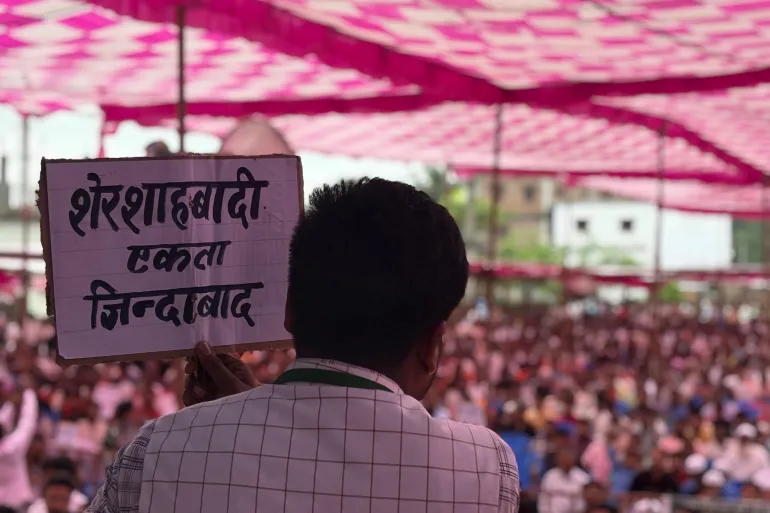Muslims in the Seemanchal region of Bihar are feeling anxious and targeted as political leaders intensify rhetoric painting them as “Bangladeshi infiltrators.” With assembly elections looming, this charge has become a polarising issue causing fear among many long-time residents whose families have lived in the area for generations.
Seemanchal includes districts such as Purnia, Araria, Kishanganj, and Katihar, where the Muslim population is much higher than the Bihar average. These communities speak Bangla-influenced dialects and often share cultural and familial ties across the border in West Bengal and beyond. Critics argue that what is being presented as an issue of illegal immigration is instead a tactic to polarise rural voters, especially in border regions.
Many Muslims in the region point out that they’re Indian citizens with voter IDs, land records, ration cards, and other documentation going back decades. Some say they have ancestral land deeds from before Indian independence. Despite this, leaders from the ruling party have said that “infiltrators” will be identified and excluded from voter lists or public welfare schemes.
The controversy is rooted in efforts like the Special Intensive Revision (SIR) of electoral rolls, which opponents say may be used to delete Muslim names under the pretext of verifying citizenship. Proponents of the “infiltrator” narrative insist they are protecting national security and sovereignty, claiming that documents are being misused or falsified to exploit schemes reserved for citizens.
Community members say the rhetoric has serious consequences. Apart from fears of being disenfranchised, many feel socially excluded or scapegoated. The debate is overshadowing issues such as access to education, healthcare, infrastructure, and jobs—problems that Seemanchal has long struggled with. Analysts warn that demonising entire communities may deepen divisions and distract from addressing real developmental needs.
The upcoming election will likely hinge in part on how this issue is framed. Will votes be swayed by identity fears, or will the region demand focus on concrete governance issues? What voters in Seemanchal want most is clarity, protection for their rights, and an end to identity-based politics that threatens to erase their contributions and presence.


